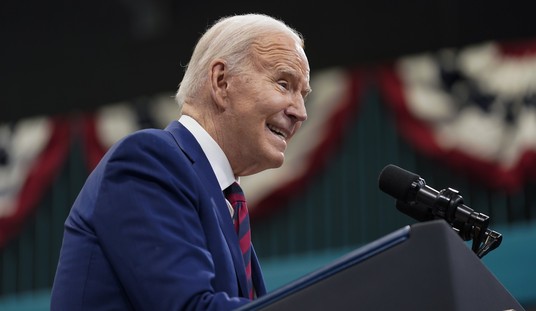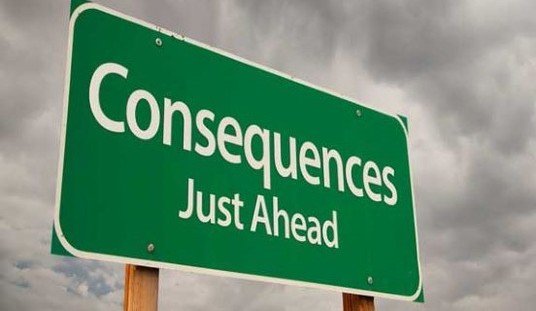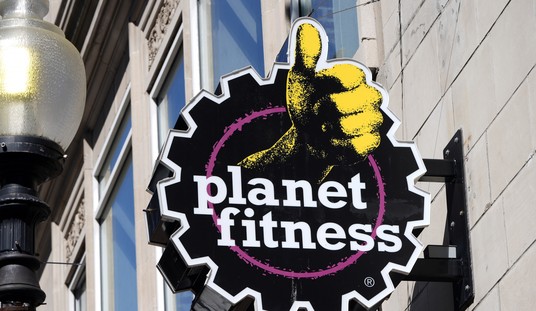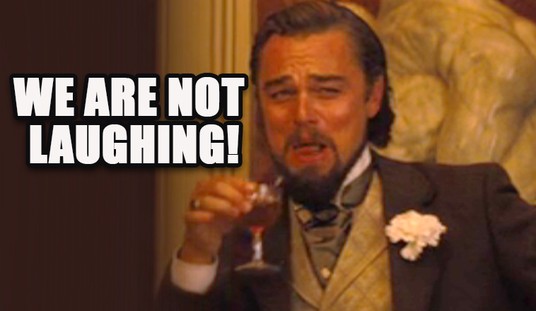This study actually comes out of Ireland and was done in connection with the country’s abortion referendum, but PsychCentral has picked it up to see if it applies equally to U.S. politics.
Fake News Can Create False Memories https://t.co/Ii7pYXhQ3r
— Joe Rogan (@joerogan) August 27, 2019
The research was conducted in the week before the 2018 referendum on legalizing abortion in Ireland, but researchers suggest that fake news is likely to have similar effects in other political contexts, including the U.S. presidential race in 2020.
“In highly emotional, partisan political contests, such as the 2020 U.S. presidential election, voters may ‘remember’ entirely fabricated news stories,” said lead author Gillian Murphy of University College Cork. “In particular, they are likely to ‘remember’ scandals that reflect poorly on the opposing candidate.”
Scott Adams, who’s long been trying to debunk the “Charlotteville hoax” in which President Trump called neo-Nazis “very fine people,” thinks this is the perfect example.
Science discovers why Biden, Beto, and most Democrats still believe the #FinePeopleHoax despite the transcript and video proving it never happened: https://t.co/MVZUGv2gn3 https://t.co/PZ6cSewXh3
— Scott Adams (@ScottAdamsSays) August 27, 2019
Looks more like Biden, Beto and most Democrats are the ones *creating* the #FakeNews and keep promoting it to fill that void where their Policies, Personalities and Patriotism should be.
— Lucy van Pelt (@dr_is_in) August 27, 2019
Recommended
Scott, why is the hoax so persuasive?
— Truth, Liberty, Fun, ⏳ #PardonAssange (@AndrewJSweeney) August 27, 2019
Because it works.
— Scott Adams (@ScottAdamsSays) August 27, 2019
See #CharlottesvilleHoax for proof
— rob l (@RealJobRob) August 27, 2019
Just ask any liberal: Did Trump call neo-nazis and white supremacists ”fine people?”
Liberal: YES
Hers is the proof transcript and video
Liberal: I don't believe it!— Elenctic FC (@suomicitizen) August 27, 2019
Like that one time media convinced half the country Trump was Russian spy and anyone who disagrees is a Nazi?
— Kristy Rodriguez (@krod2516) August 27, 2019
Fake News media is truly the enemy of the people.
— Winston Smith (@WinstonSmith67) August 28, 2019
this has been going on for over a decade, everyone remember when sarah palin said she could see russia from her house? well that was an SNL skit, not actually her.
— Jonathan Brown (@KrypTanko) August 27, 2019
It's almost like people know that and are trying to manipulate all of us.
— Astrodinosaur (@ogastrodinosaur) August 27, 2019
That’s the point. What The NYT, WaPo, CNN, MSNBC are doing is purposeful
— Plausibly Deniable (@JB17191966) August 27, 2019
They don’t believe it, they just use it because they feel it gives credence to the lie that Trump is racist. No one in the MSM pushes back, so they get away with it. Over and over again
— Maria padron (@Mariapa50532283) August 27, 2019
Thats what they're counting on.
— so.cityGOON??? (@so_cityGOON) August 27, 2019
Fake news + Time= History
— Bill The Butcher (@BillButcher666) August 27, 2019
Da Look at all the people that just repeat @CNN and @MSNBC talking points but when you press them with facts and evidence they don’t know what to say
— /-riel Hernandez (@ArielHernandez3) August 27, 2019
It seems particularly effective too, when paired with the rapid-fire, 24 hour, sensationalist new cycle we have.
Before you can work out a whole story, they're beating you over the head with something else and you just remember sort of agreeing with the headlines.
— Matt?️ (@IncurableAnimal) August 27, 2019
And then there’s the news that’s just plain wrong, such as Lawrence O’Donnell’s big Deutsche Bank scoop or Ken Delanian’s tweets about American service members’ kids being born overseas not being American citizens.
A Mandela effect, all made up of fake news.
— Biruck (@biruckx) August 27, 2019
Same screen, 2 different movies….
— Hans Bad Feeling (@feeling_hans) August 27, 2019
The News is one hell of a drug
— Javier Arreola (@JavierArreola83) August 27, 2019
Everyone watching CNN pic.twitter.com/6doWxx0dug
— Shanobie (@ShanobieSpurs) August 27, 2019
How many times would we have to play the video of Trump condemning the neo-Nazis and white supremacists in Charlottesville before people would stop using the “very fine people” line?
Related:
WaPo repeats Charlottesville hoax, says Trump supporters’ new ‘cultural anxiety’ is anger at being labeled racist https://t.co/SF70gFO34J
— Twitchy Team (@TwitchyTeam) August 12, 2019
























Join the conversation as a VIP Member